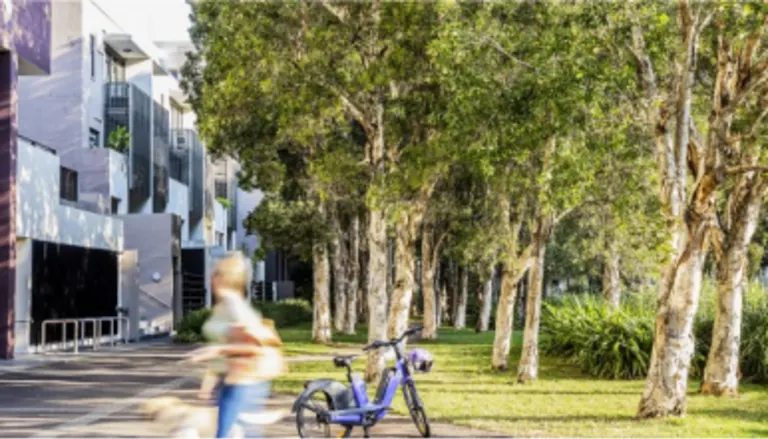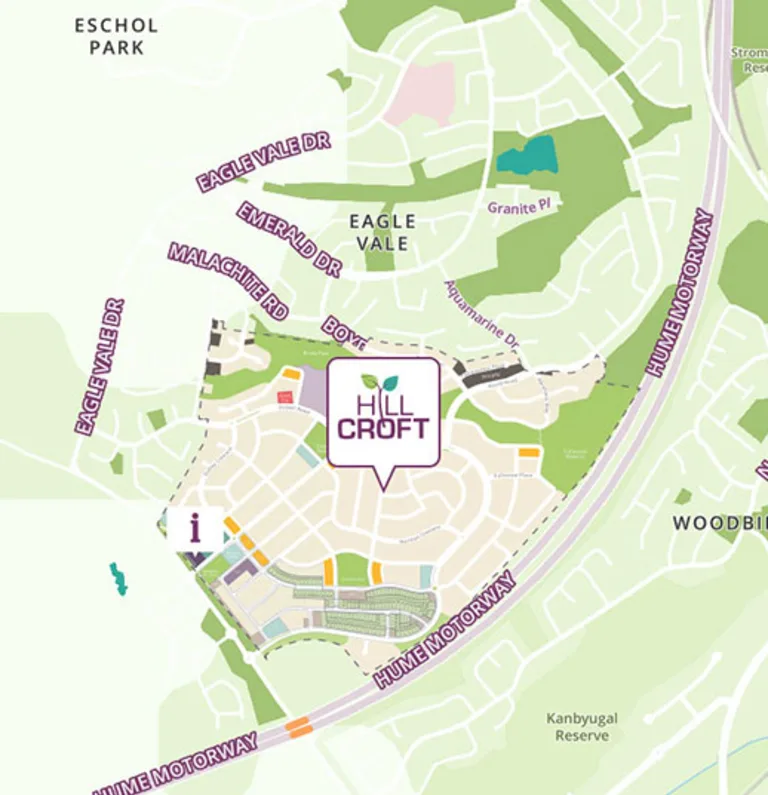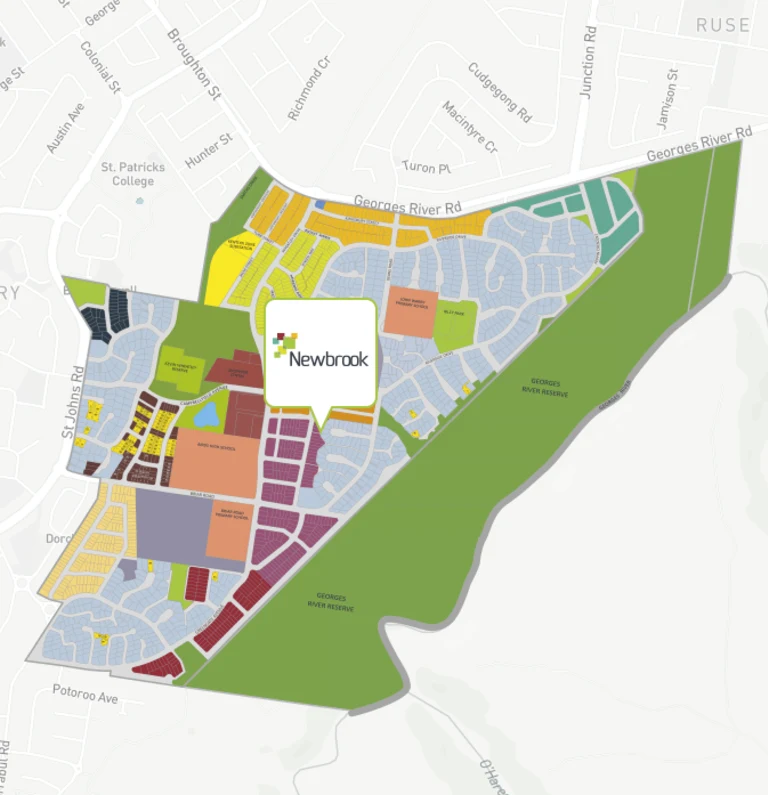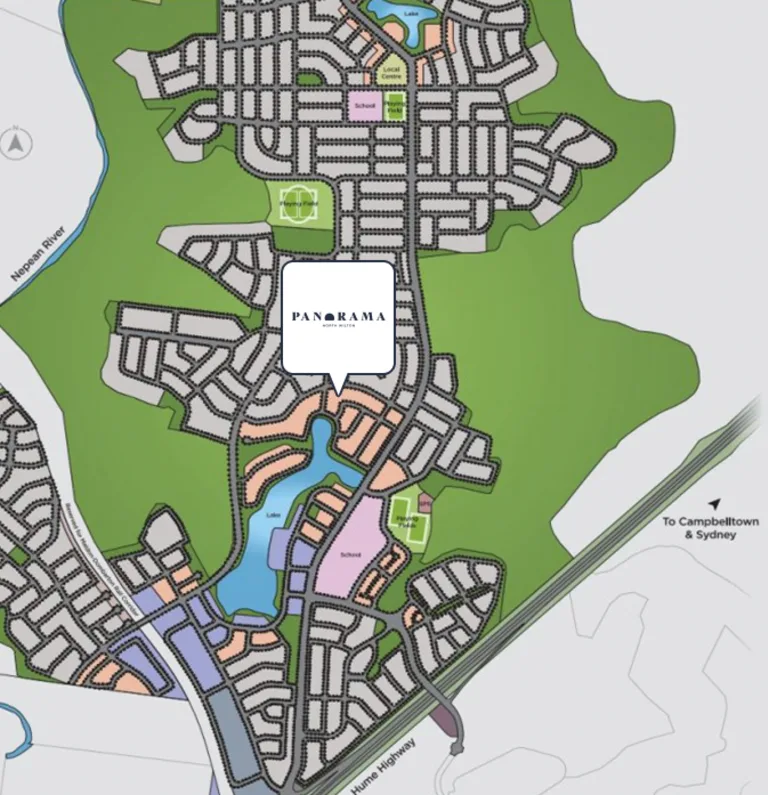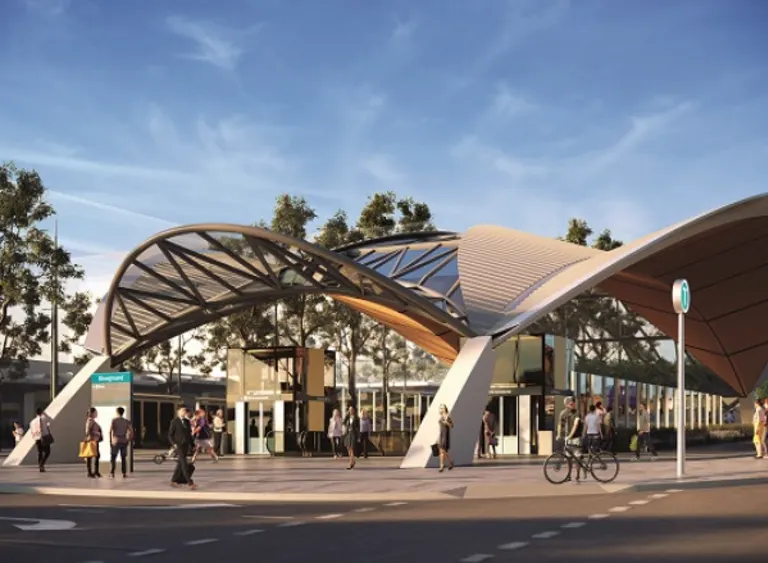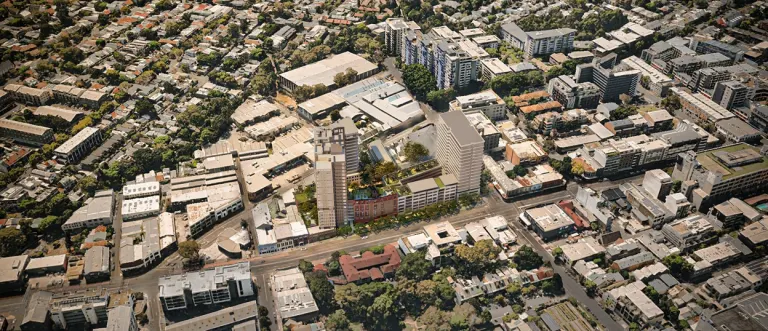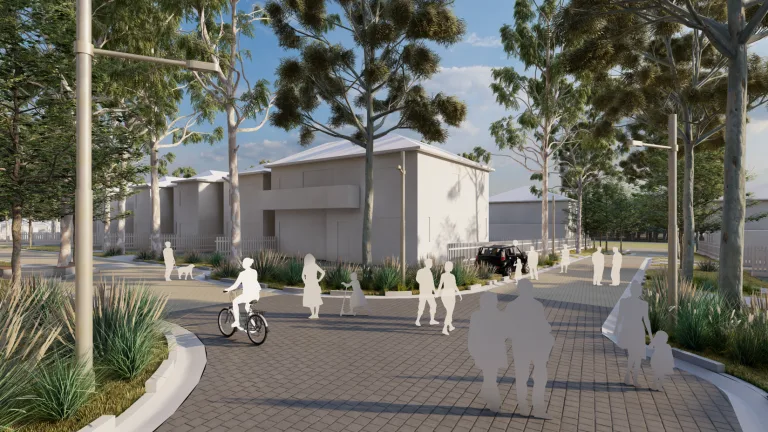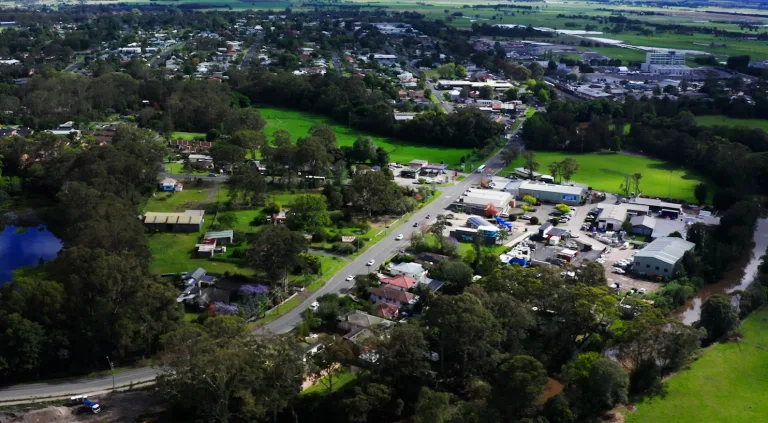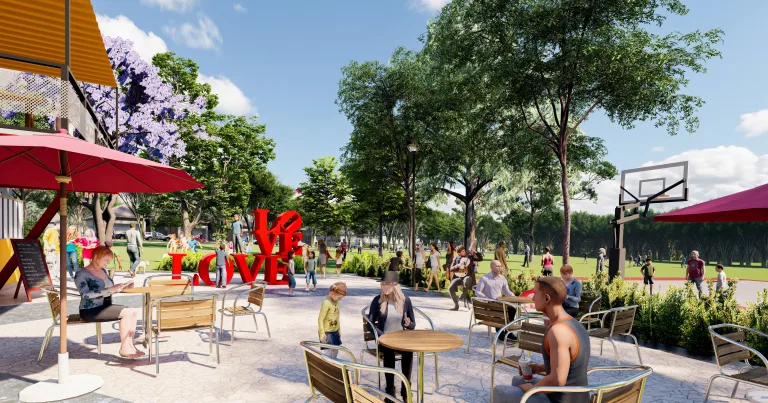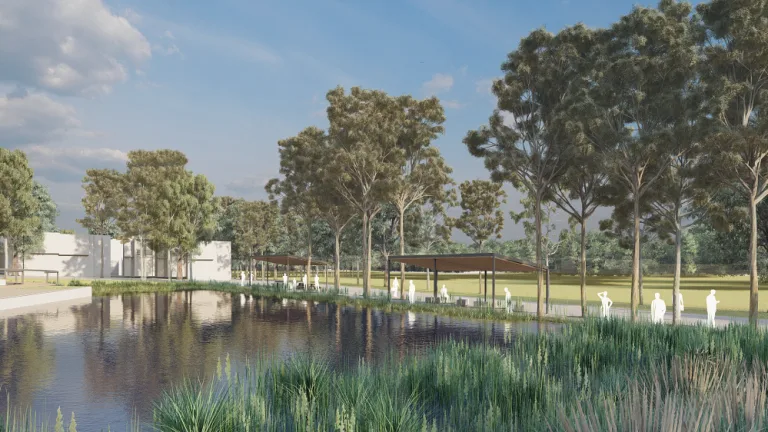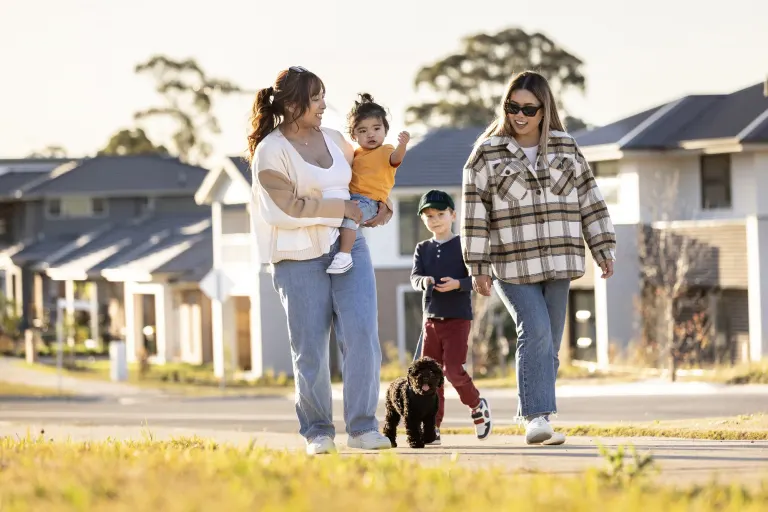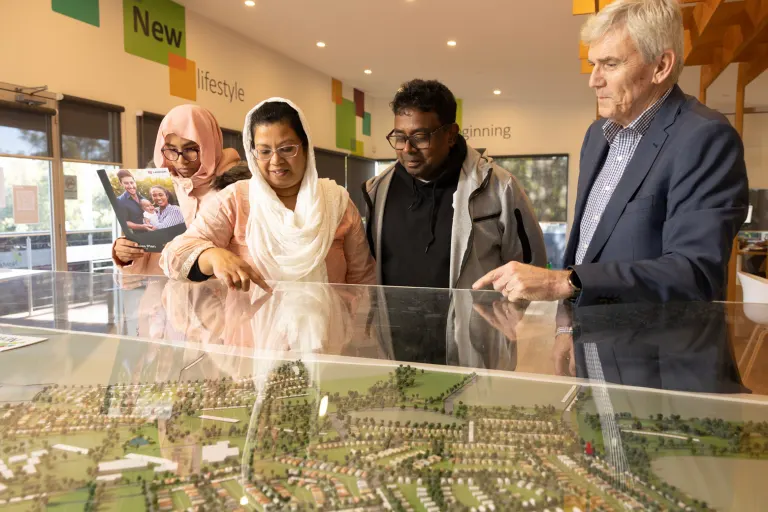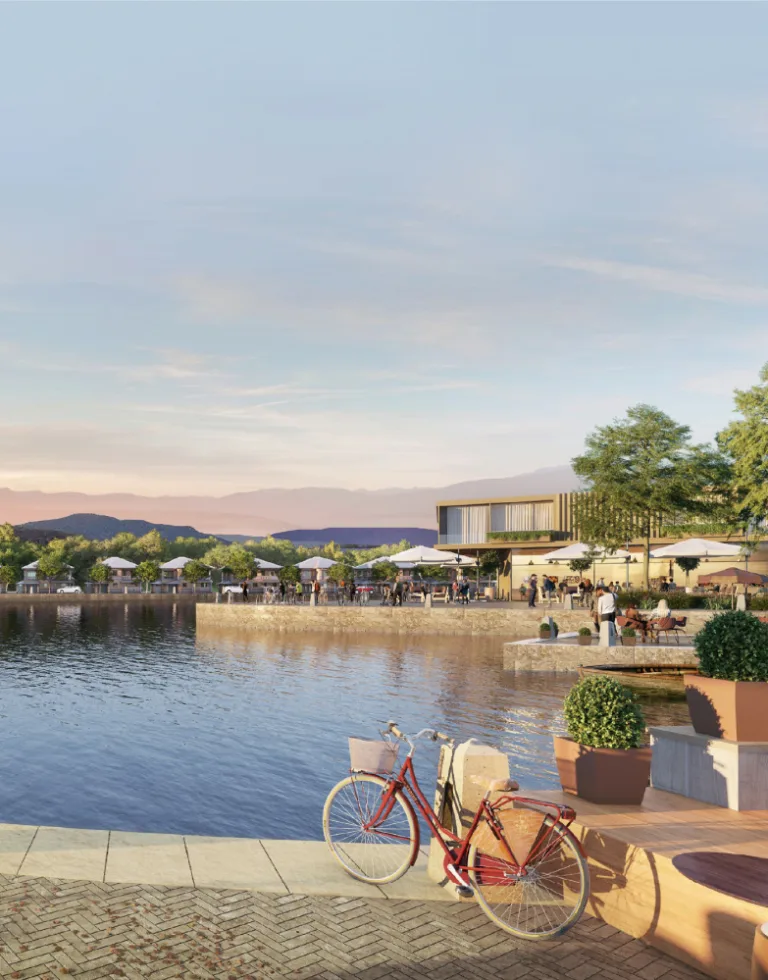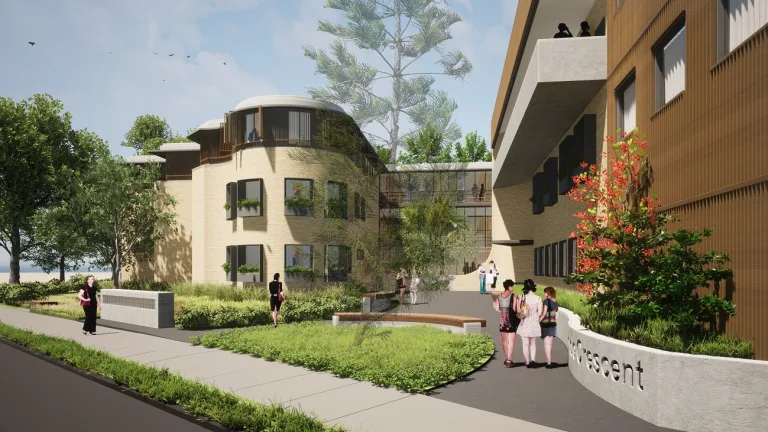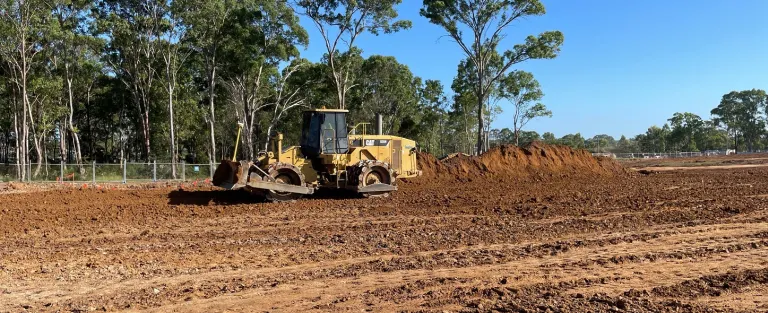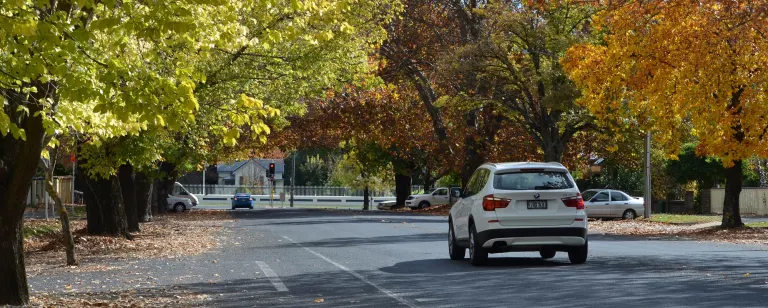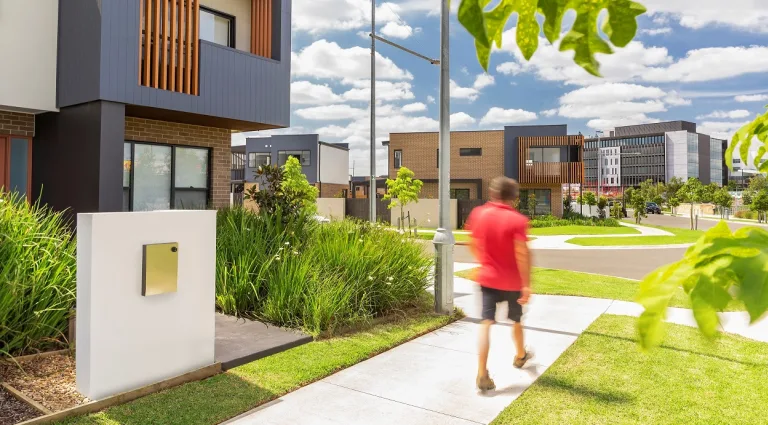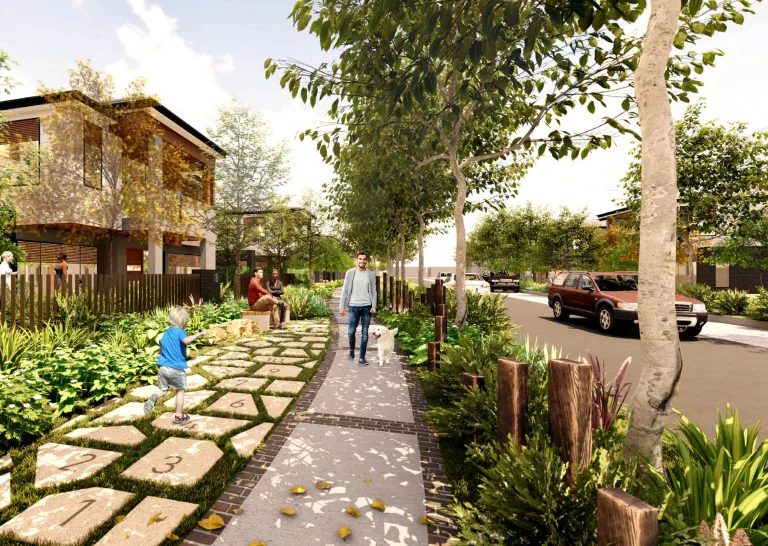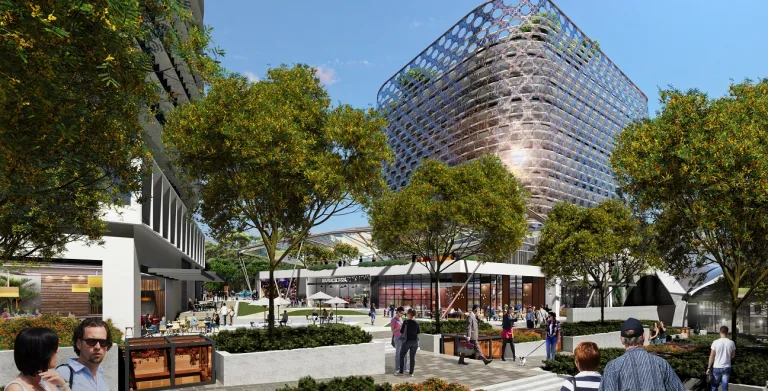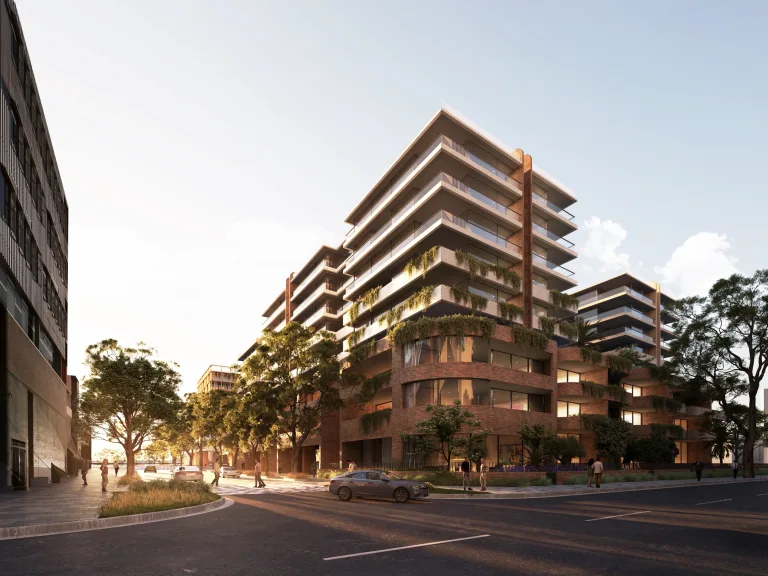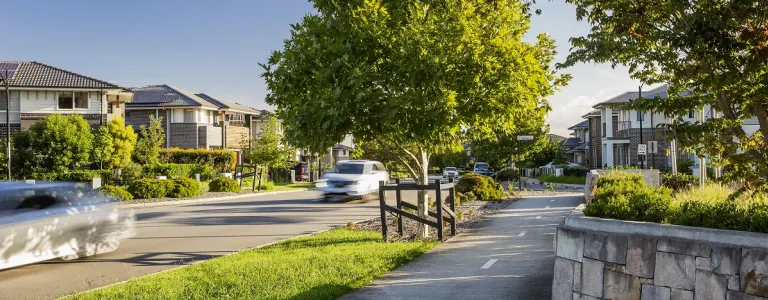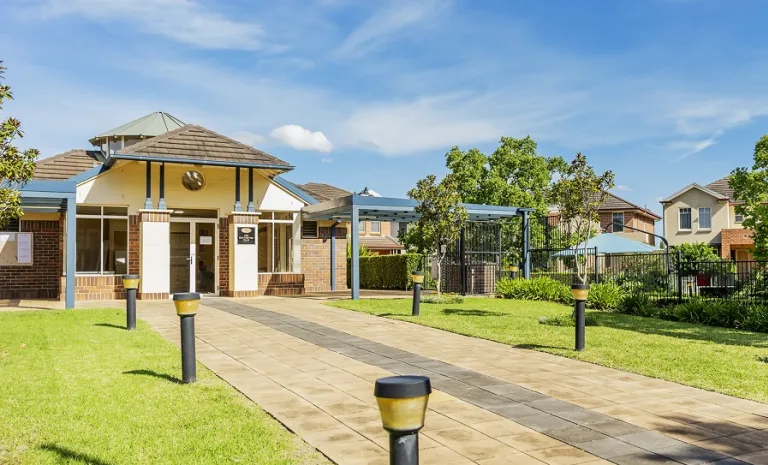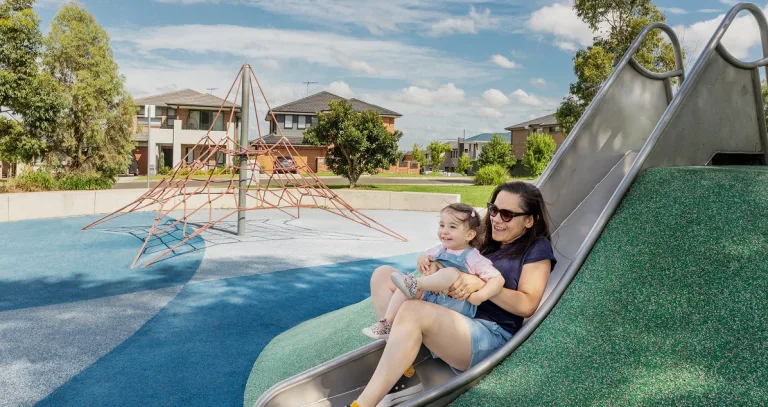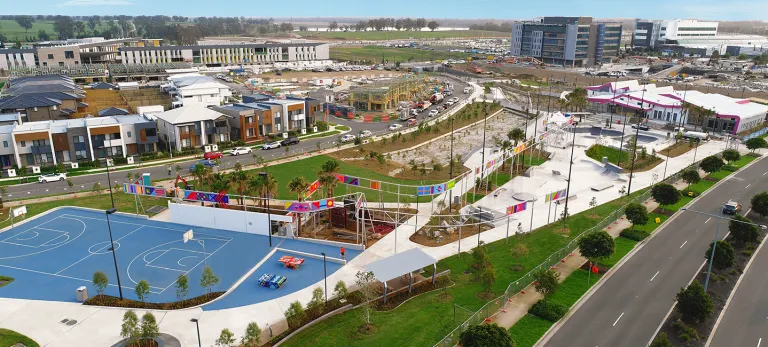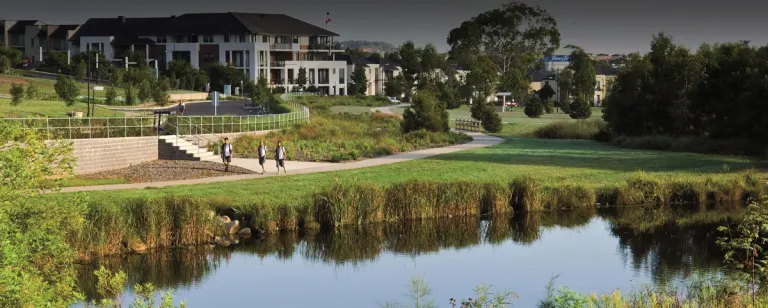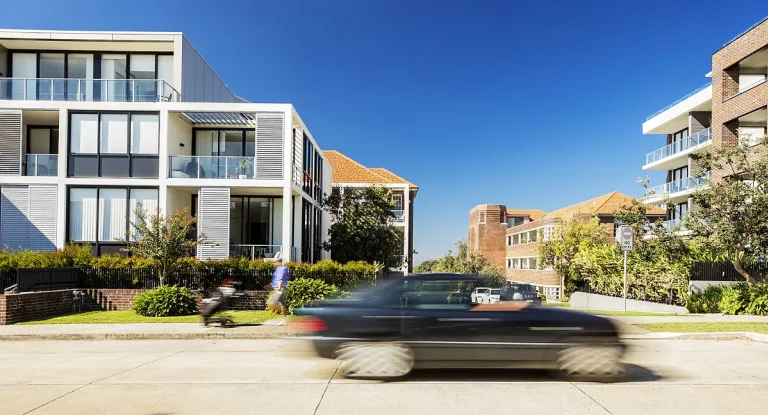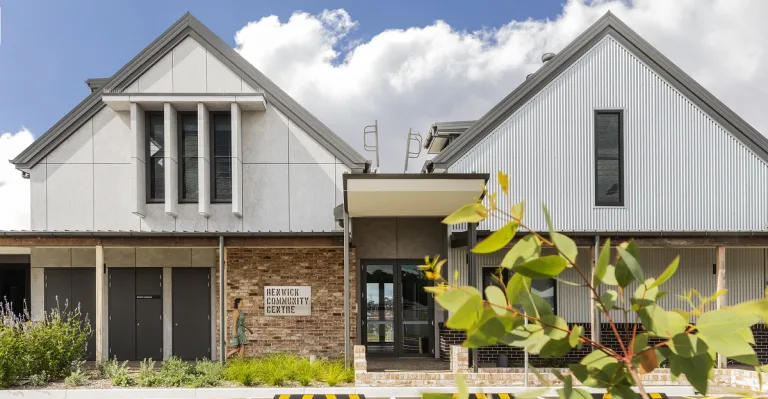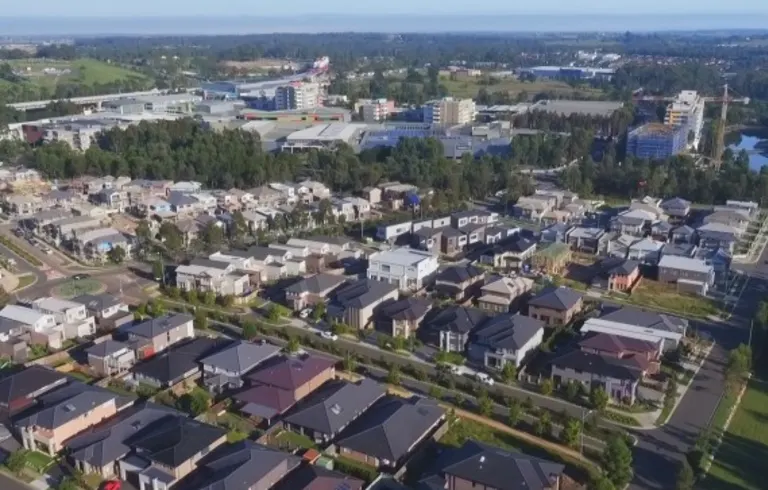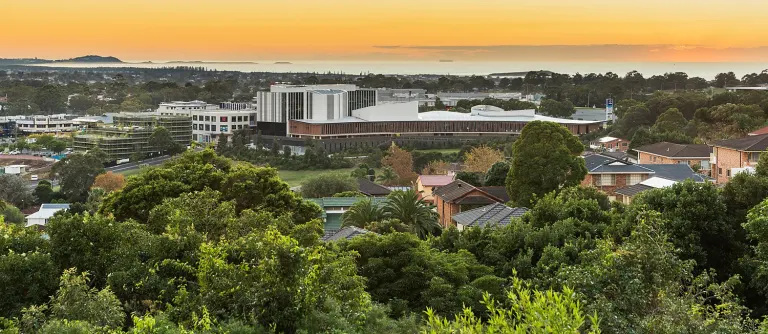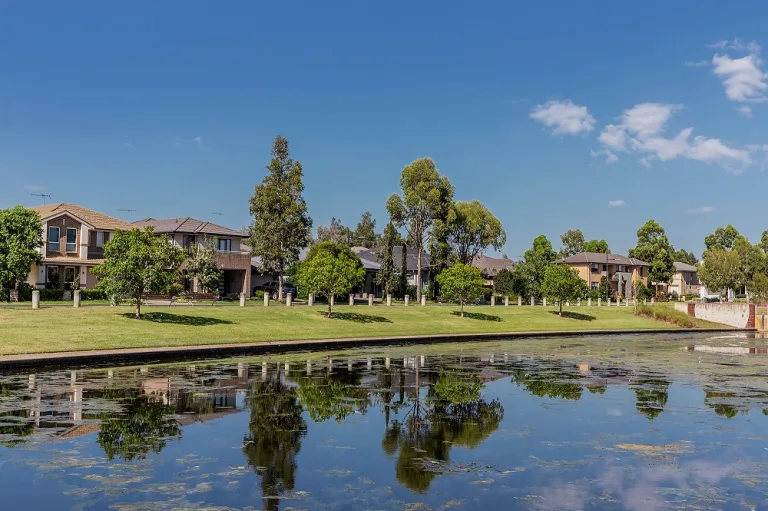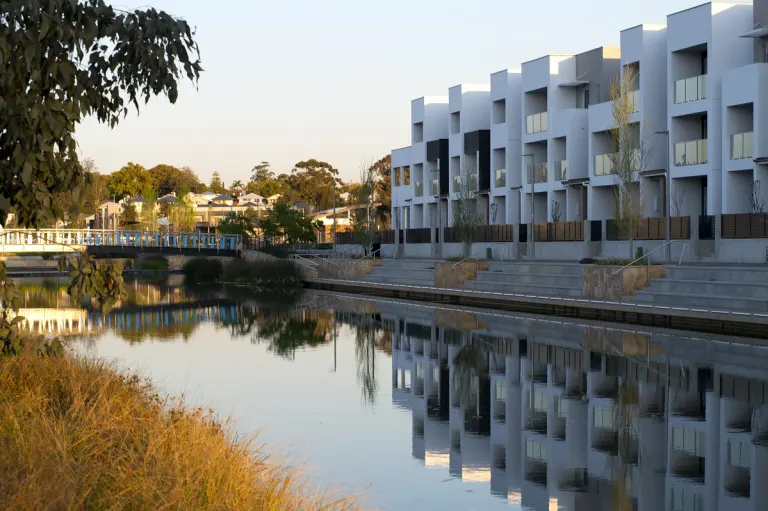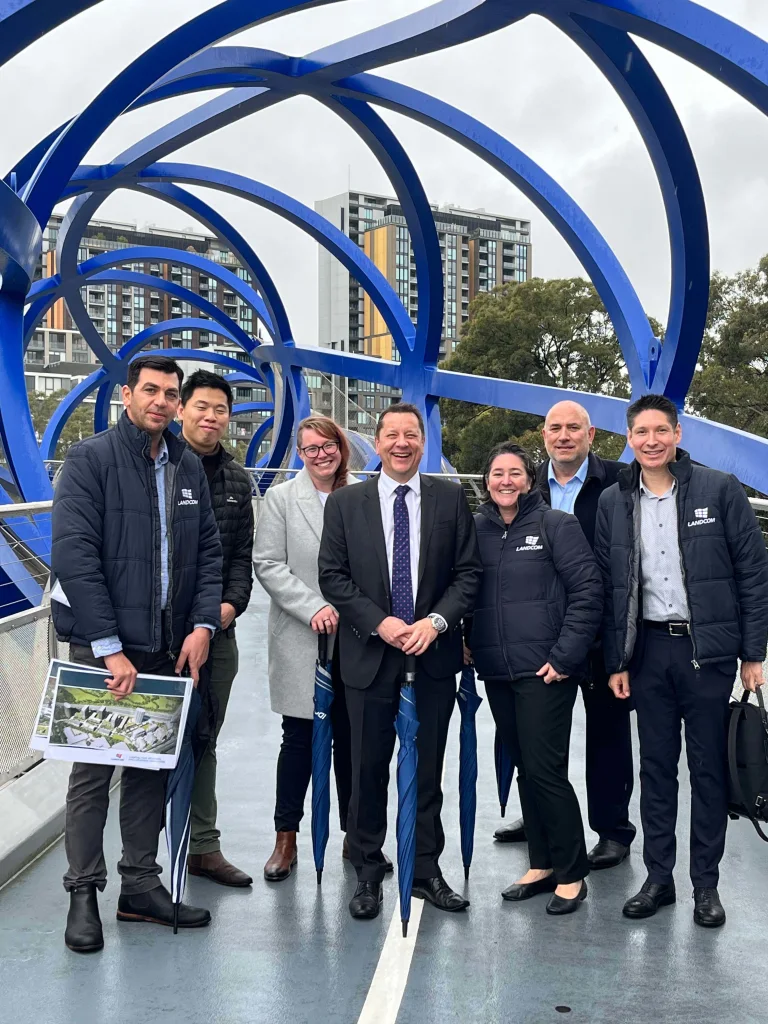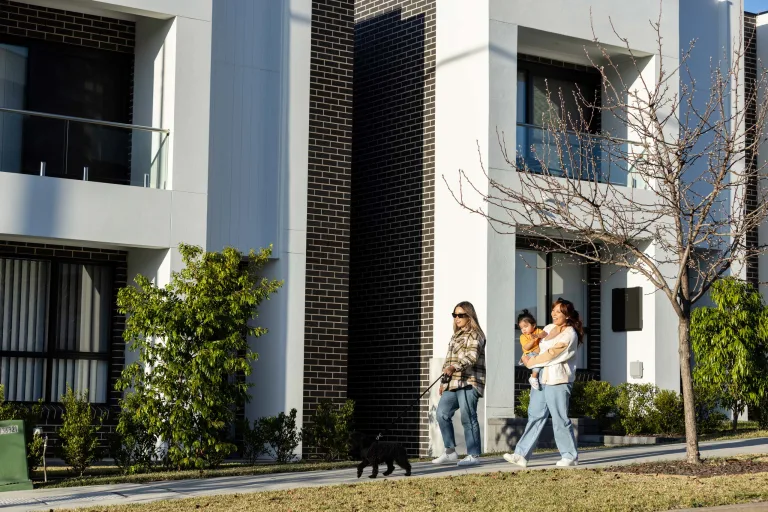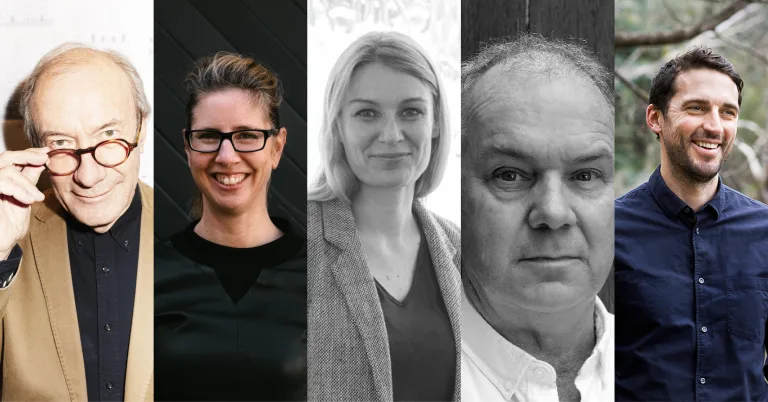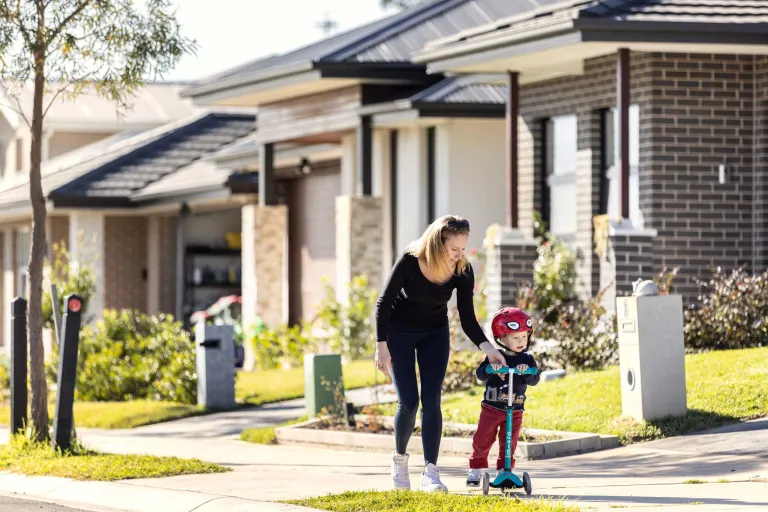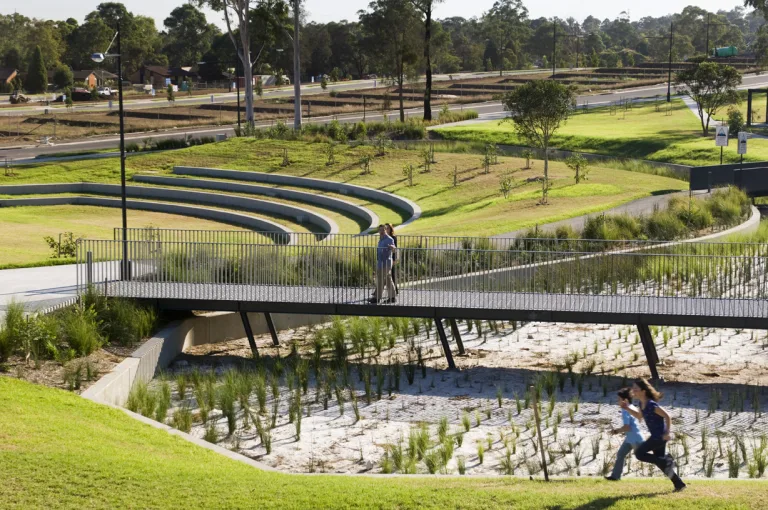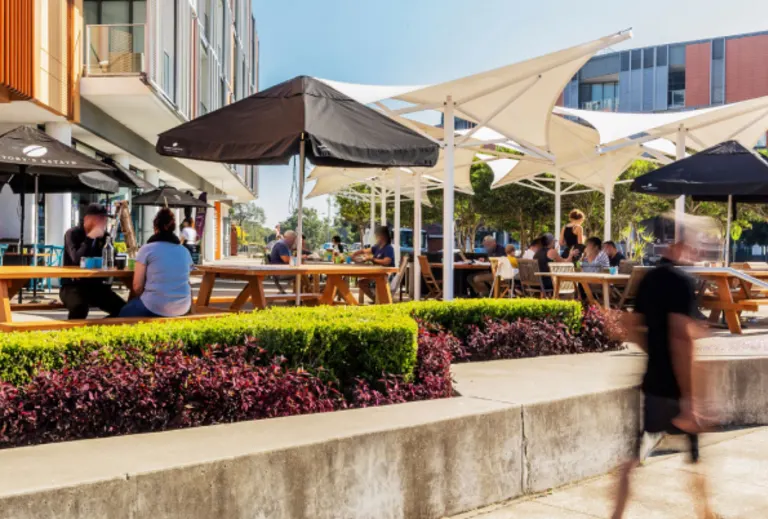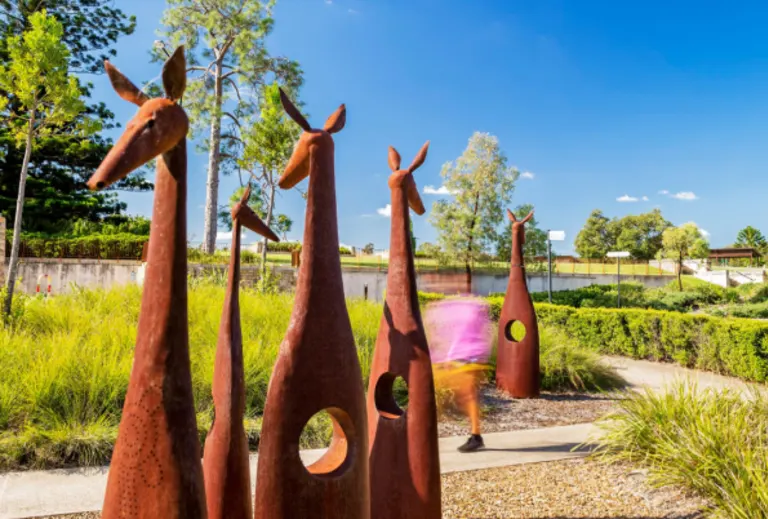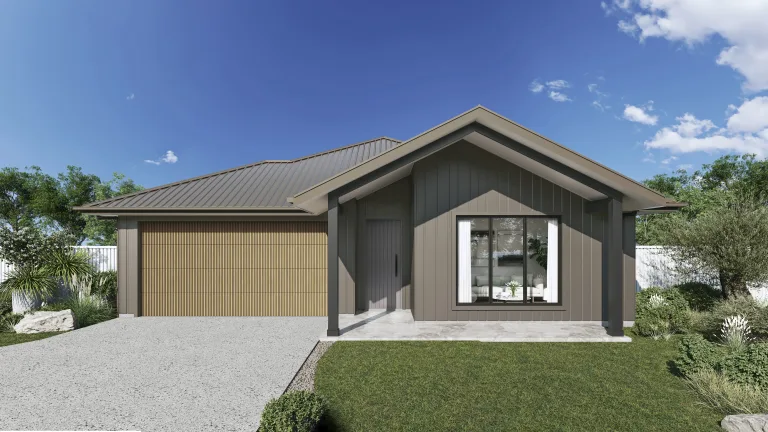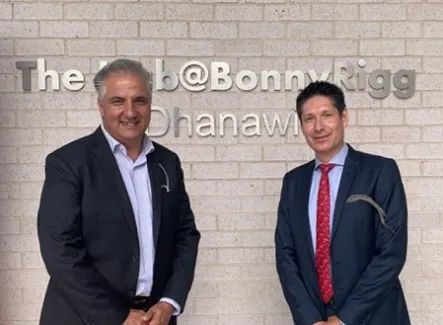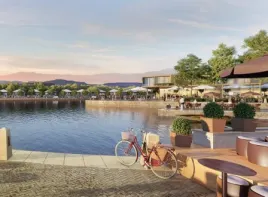
Housing Diversity Study Findings – Development of a Housing Diversity Strategy
UrbanGrowth NSW will tomorrow release the initial findings of a Housing Diversity Study that will inform a package of initiatives aimed at improving housing affordability, to be rolled out across major urban transformation projects, including Central to Eveleigh and The Bays Precinct.
The Housing Diversity Study is being undertaken for UrbanGrowth NSW and the City of Sydney by HillPDA together with the University of Sydney. The study will feed into the development of an UrbanGrowth NSW Housing Diversity Strategy, along with feedback from broader stakeholder consultation and consideration of national and international examples.
The initial findings of the study are being presented on Tuesday, May 19 at a community briefing session as part of the Central to Eveleigh project.
“Affordable housing is one of the objectives of our planning legislation, but we recognise that we need to move beyond current solutions to explore a package of initiatives that will make a meaningful difference,” said UrbanGrowth NSW Chief Executive David Pitchford.
“We want to find the smartest way to increase the amount of subsidised affordable housing, introduce new moderate income models and increase supply through low cost rental and low cost market housing, alongside the right size and kind of home to meet the needs of the future community.”
The Housing Diversity Study supports the NSW Government’s commitment in the Plan for Growing Sydney to provide affordable housing in Government-led urban renewal projects.
When it has finalised the Strategy, UrbanGrowth NSW will demonstrate the initiatives through its transformation projects including Central to Eveleigh and The Bays Precinct and will look at how to apply them more widely across Sydney in partnership with local councils, including the City of Sydney.
UrbanGrowth NSW is also working alongside Family and Community Services (FACS) to consider how the potential renewal of social housing estates can be included in the process, and is talking with community housing providers about new financing models and funding sources to accelerate the provision of subsidised rental housing for people on a range of low to moderate incomes.
“In the Central to Eveleigh and Bays Precinct projects we want to deliver a range of housing types and tenures,“ Mr Pitchford said.
“One of the messages that has come out of public consultation on the Central to Eveleigh project is a call for a range of affordable housing compact apartments for young people, with shared spaces and flexible and adaptable floor plans.
“We recognise that strong community consultation and design principles will be required to guide this initiative.”
